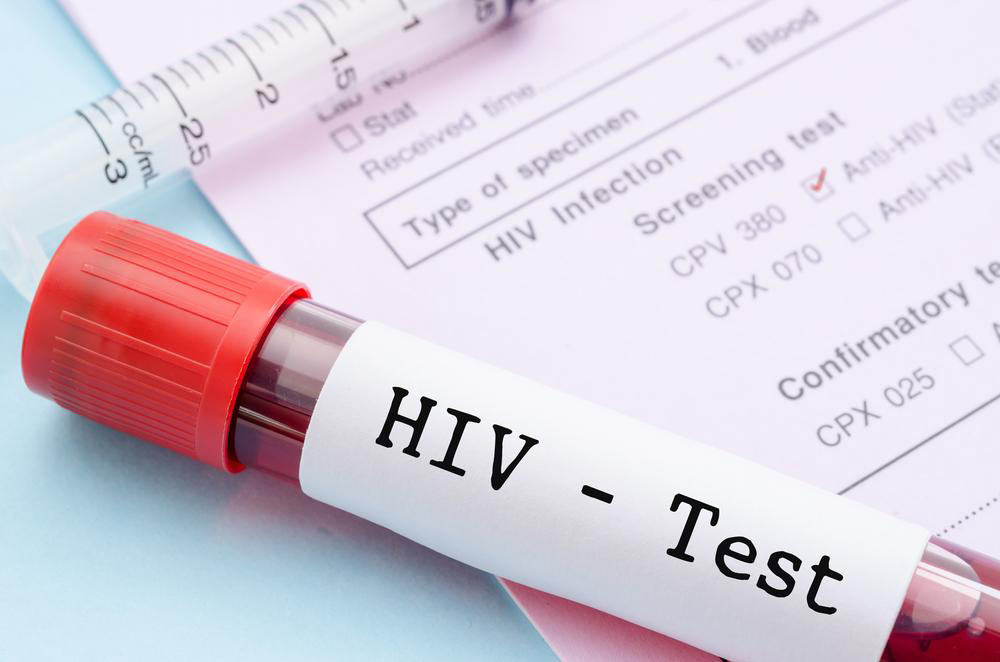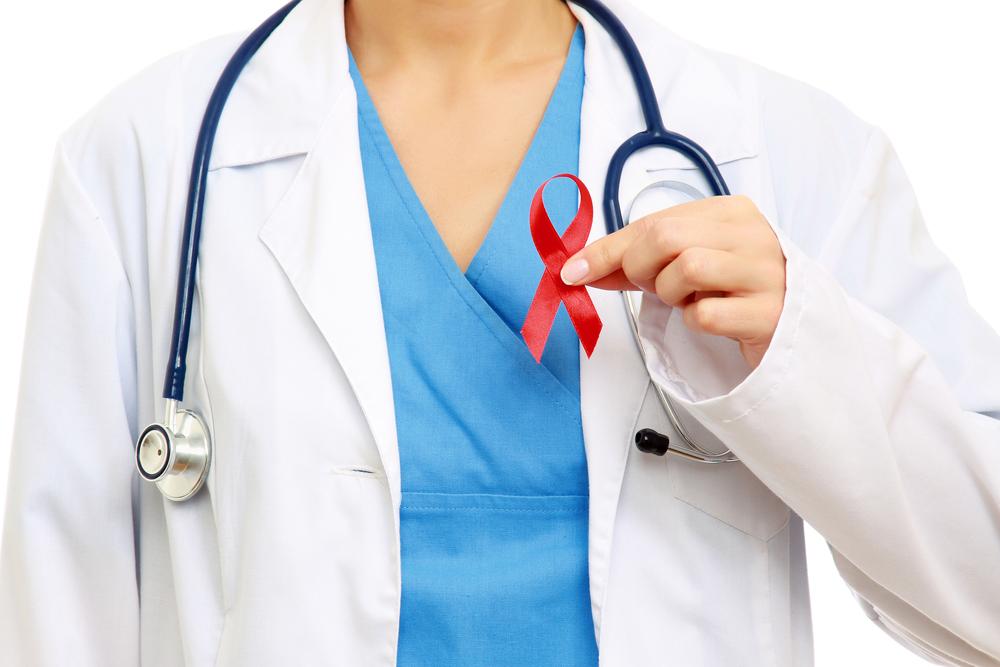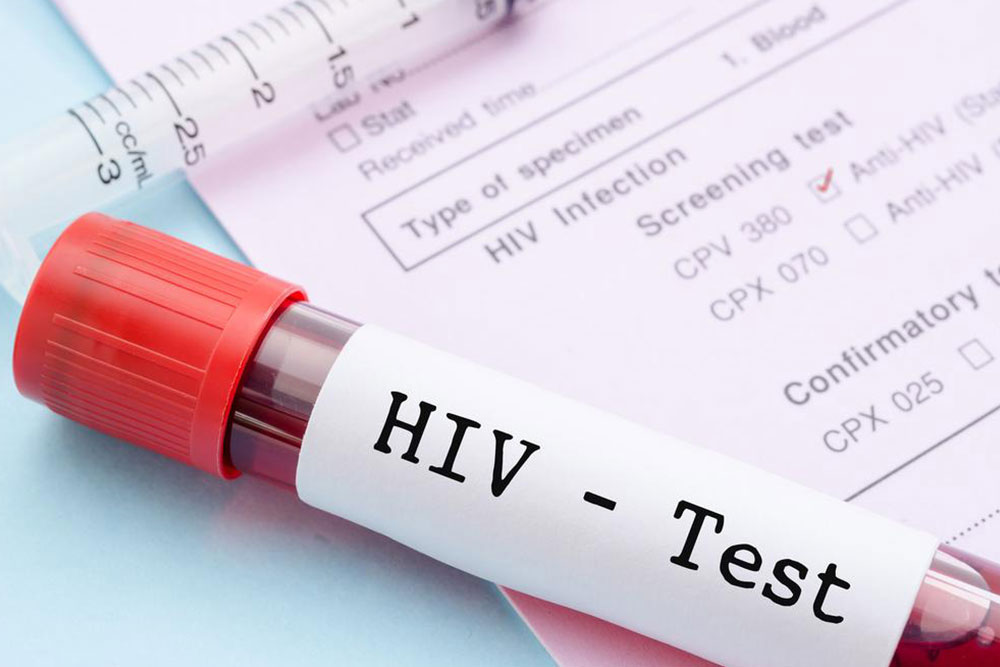Recognizing the Early Indicators and Symptoms of HIV Infection
This article highlights the early signs of HIV infection, emphasizing the importance of recognizing symptoms like fever, fatigue, and swollen lymph nodes. Early testing and prompt treatment are crucial for managing the virus and preventing progression to AIDS. Understanding these signs helps individuals seek timely medical advice and stay protected. The piece also discusses management options, including antiretroviral therapy, to control HIV effectively. Awareness and early action are key in combating the virus and maintaining health.
Sponsored

HIV, or human immunodeficiency virus, can lead to AIDS if left untreated. The virus primarily spreads through sexual contact but can also be transmitted via contaminated blood. Pregnant women with HIV can pass the virus to their babies during pregnancy or breastfeeding. HIV progresses through stages, with AIDS being the most severe. Once infected, the virus remains in the body permanently. Early detection through awareness of initial symptoms allows prompt treatment to prevent disease progression.
Most individuals with HIV experience mild flu-like symptoms within weeks of infection, though some remain asymptomatic. Common signs include fever, muscle and joint aches, sore throat, swollen lymph nodes, rashes, night sweats, fatigue, and mouth ulcers.
What to do if you notice possible HIV symptoms:
Since early HIV symptoms can resemble other viral infections, consulting a healthcare provider promptly for testing is essential. Mild symptoms may go unnoticed, but early detection is critical as the virus is most transmissible during this phase. People with recent unprotected sex or exposure to infected blood should consider testing, even without symptoms, since HIV can remain symptom-free for years.
Management and Treatment:
While HIV has no cure, antiretroviral therapy enables effective management of the infection. Multiple drug classes work together to suppress the virus and prevent resistance. Treatment plans are personalized based on the individual's medical history, and consistent medication, regular testing, and healthcare supervision are vital to maintaining health.






